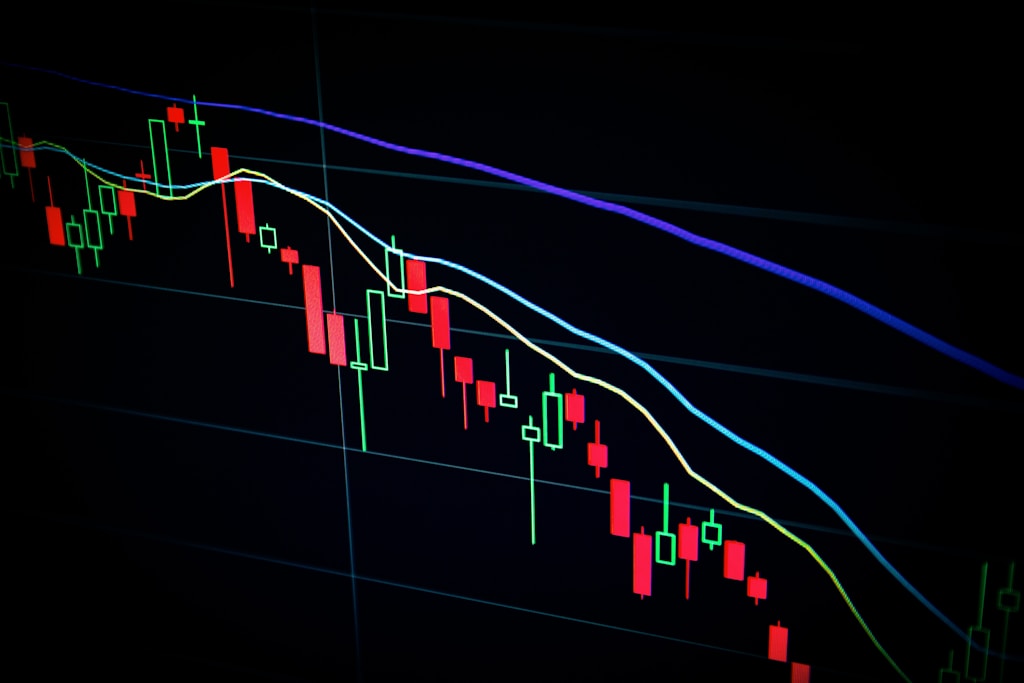Reading time: 8 minutes
In a significant shift for the cryptocurrency industry, the Securities and Exchange Commission (SEC) under President Trump’s administration is systematically ending multiple high-profile crypto lawsuits and investigations. This dramatic policy reversal signals a potential new era for digital asset regulation in the United States.
Key Takeaways:
- Multiple ongoing SEC crypto investigations being terminated
- Significant policy shift under Trump administration
- Major implications for crypto industry compliance
This regulatory pivot comes amid broader regulatory clarity emerging in 2025, suggesting a coordinated approach to crypto-friendly policies across federal agencies.
Major Cases Being Terminated
The SEC is currently in the process of closing several high-profile investigations and lawsuits. While specific details are still emerging, this development represents a stark contrast to the aggressive enforcement approach seen in previous years.
Market Impact and Industry Response
The crypto market has responded positively to this regulatory shift, with institutional confidence growing significantly. This aligns with recent trends showing increased institutional crypto adoption driven by regulatory clarity.
FAQ Section
What does this mean for ongoing crypto investigations?
Current investigations are being reviewed with many expected to be terminated or settled under favorable terms.
How will this affect future crypto regulations?
The policy shift suggests a more collaborative approach between regulators and the crypto industry moving forward.
What impact will this have on crypto markets?
Reduced regulatory pressure could lead to increased institutional investment and market stability.







